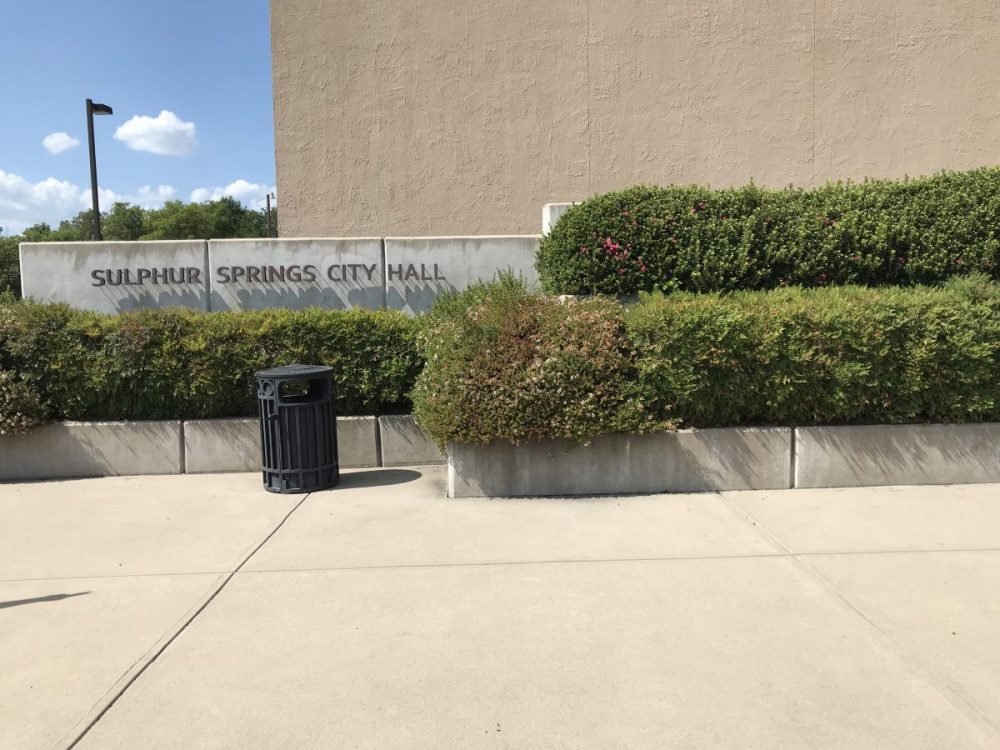
Sulphur Springs City Council approved four city ordinance proposals — two rezoning annexes, one amending the community development fee schedule and one defining truck stops and travel centers — during Tuesday evening’s regular meeting.
Business Park Rezoning

Ordinances 2747 and 2748 rezone Pioneer Business Park and Heritage Business Park from agricultural to heavy industrial zones. Basically, Community Development Director Tory Niewiadomski told the council on first reading of the ordinance at the July council meeting, this is a standard action following annexation of business parks, which “come in” as agricultural zones.
These areas were intended as industrial zones when annexed, to allow for growth and development within them, according to the community development director.
The 103.05-acre annex of Pioneer Business Park and adjacent properties spans from the west side of CMH Road between Business 67 and the Interstate 30 frontage road. Heritage Business Park is 117.33 acres and includes adjacent properties located east of Loop 301 on Heritage Parkway, north of the railroad tracks, west of County Road 3501 and south of County Road 3502.
Both received unanimous approval on second and final reading at the Aug. 6 meeting.
Fee Schedule Amendment
Also approved on second and final reading was Ordinance No 2759, which amends the fee schedule for community development to comply with House Bill 852.
Essentially, HB 852 stipulated that Texas municipalities, including Sulphur Springs, are no longer able to base permit and inspection fees for residential dwellings on the cost of the project, state officials determined recently.
HB 852 prohibits municipalities from using the value of the dwelling and the cost of constructing or improving the dwelling to determine building permit or inspection fees in connection with construction or improvement of a residential dwelling. Municipalities also are barred from requiring information related to the cost or value of construction or improvement of the dwelling when setting the costs for a building permit.
“Due to these recent changes, staff has review our fee schedule. We have made the necessary changes to either make the fees based on square footage or a flat fee. So, for the most part our ordinance was in compliance, except for the trades; we decided to go with a flat fee. For residential remodel we want to go with square foot,” Niewiadomski told the council during the regular July 2 meeting, when the ordinance was first read.
Truck Stop/Travel Center Defined

Ordinance No. 2750 amends Zoning Ordinance 2050, Article 2, by clarifying what constitutes a travel center/truck stop in Definition 2.200.
According to Niewiadomski, a conflict in wording in the ordinance came to the attention of city staff recently when talking with an engineer regarding development of a potentially new gas station with regular fuel pumps as well as those for truck fuel.
Under the current ordinance, a business that sells fuel and has retail sales is considered a truck stop. The city officials proposed keeping the ordinance as worded, except adding that a business with overnight parking would be considered a truck stop or travel center, which are more heavily zoned, Niewiadomski and City Attorney Jim McLeroy told the council on first reading of the ordinance at the July council meeting.





